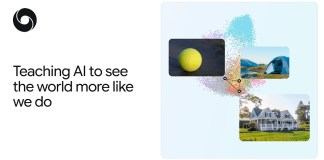Google Deepmind simply presented Gemini robotics 1.5 A system, a jump in artificial intelligence that allows robots to do daily household tasks, such as sorting washing by color or choosing what to pack for a rainy day.
According to FT rangeThis update combines reasoning with the actual adaptation ability that the machine can now operate the tasks that we once considered to be required by human judgment.
What really catches me is only the laundry trick, but the fact that these robots can download information from the network to manage their actions.
Imagine that one robot is thinking about the rules of recycling in London and the other in Tokyo, and then immediately shares this knowledge.
This is a type of network effect Axios marked By raising concerns about AI models that achieve skills faster than we regulate them.
But it's not only houses. Corporations already study similar “agency artificial intelligence” in terms of performance in the workplace.
Last week, Citi started rehearsals from AI agents who can manage multi -stage tasks in internal systems, saving employees a headache of bumping between applications.
If banks trust the artificial intelligence that he juggled with data pipelines, home duties feel like the tip of the iceberg.
Geopolitical and economic rates are even greater. On AI global peakdecision -makers warned that AI could flow up to 60% of jobs in advanced economies.
The robot that folds socks sounds innocent enough – until you realize that this is one piece of wave that can redefine labor markets, skill sets and even global trading balance.
Personally, I am torn between excitement and anxiety. On the one hand, he triggers a robot that performs his duties.
On the other hand, it reminds how quickly AI goes from conference rooms and laboratories to our everyday life.
The laundry basket was always mundane, but in 2025 it became a symbol of how fast machines make up for us.


















